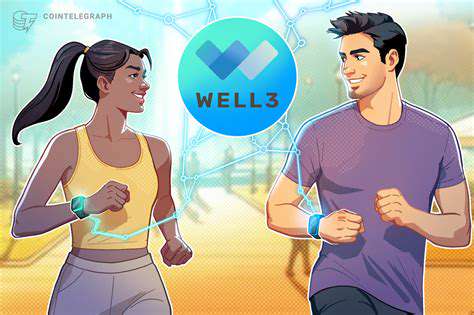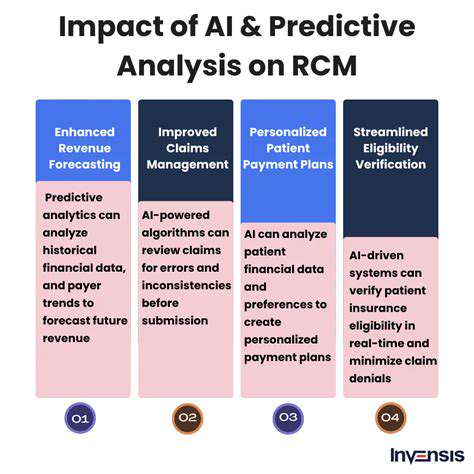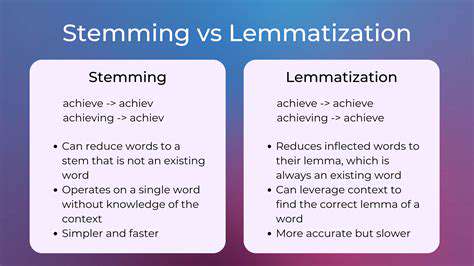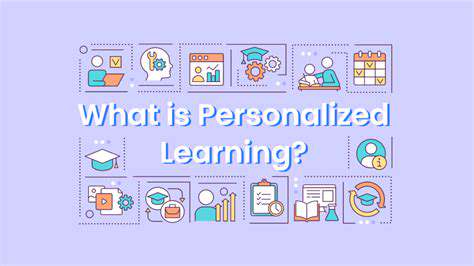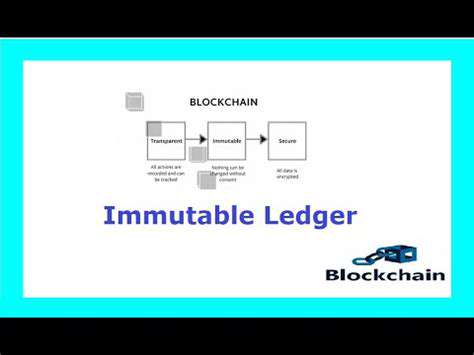Virtual Reality for Stress Reduction
Virtual Reality (VR) technology offers a powerful tool for stress reduction outside of the workplace. Immersive VR experiences can transport users to tranquil environments, such as serene beaches, lush forests, or calming underwater scenes. These virtual escapes provide a much-needed mental break from the daily pressures of work and life, allowing individuals to de-stress and recharge. By immersing themselves in these environments, users can disconnect from their worries and anxieties, fostering a sense of calm and well-being. The interactive nature of many VR experiences can also promote relaxation and mindfulness, further enhancing the stress-reducing benefits.
The ability to control and personalize these VR experiences is another key benefit. Users can select environments, activities, and even the level of immersion that best suits their needs. This personalized approach allows for a tailored stress-reduction strategy, making VR a highly adaptable tool for individual needs. VR experiences can also be used to practice mindfulness techniques, further enhancing their stress-reducing capabilities.
Enhancing Mindfulness and Focus
VR can be a powerful tool for cultivating mindfulness and focus. Through guided meditations and interactive exercises within virtual environments, users can develop a deeper understanding of their thoughts and emotions, leading to increased self-awareness. These experiences can also help to train the brain to focus and concentrate more effectively, which is increasingly important in today's fast-paced world. By practicing mindfulness in a virtual setting, individuals can cultivate a greater sense of presence and awareness in their daily lives, both inside and outside the workplace.
Many VR applications offer guided visualizations and calming soundscapes that promote relaxation and mental clarity. These elements can help to quiet the mind and reduce mental clutter, which is crucial for maintaining focus and well-being.
VR for Emotional Regulation
Emotional regulation is a critical aspect of mental well-being, and VR can play a significant role in developing these skills. VR simulations can provide safe and controlled environments for practicing emotional regulation techniques, such as identifying triggers, managing responses, and developing coping mechanisms. By practicing these skills in a virtual setting, individuals can build confidence and competence in managing their emotions effectively in real-life situations, reducing stress and improving overall well-being.
Improving Sleep Quality
Sleep is essential for physical and mental health, and VR can contribute to improving sleep quality. VR applications can help to create a relaxing bedtime routine, promoting sleep and reducing anxiety that can interfere with sleep. Immersive environments designed for relaxation can help to soothe the mind and body, preparing users for a restful night's sleep. By creating a conducive sleep environment, VR can play a critical role in improving the overall quality of life.
Virtual Socialization and Connection
Beyond individual well-being, VR can foster social connection and support. Virtual environments can provide opportunities for social interaction and connection with others, even if those individuals are geographically distant. This can be particularly beneficial for individuals who may feel isolated or struggle to connect with others in real life. Through VR, individuals can participate in virtual social activities, strengthening their social networks and combating feelings of loneliness or isolation.
VR for Post-Trauma Recovery
In situations involving trauma, VR can be a valuable tool for recovery. VR exposure therapy can help individuals gradually confront their trauma in a safe and controlled virtual environment. This approach can be significantly less stressful than confronting the trauma in real life, allowing for a more manageable and less overwhelming experience. VR can provide a platform for processing trauma, fostering healing, and promoting emotional well-being.



